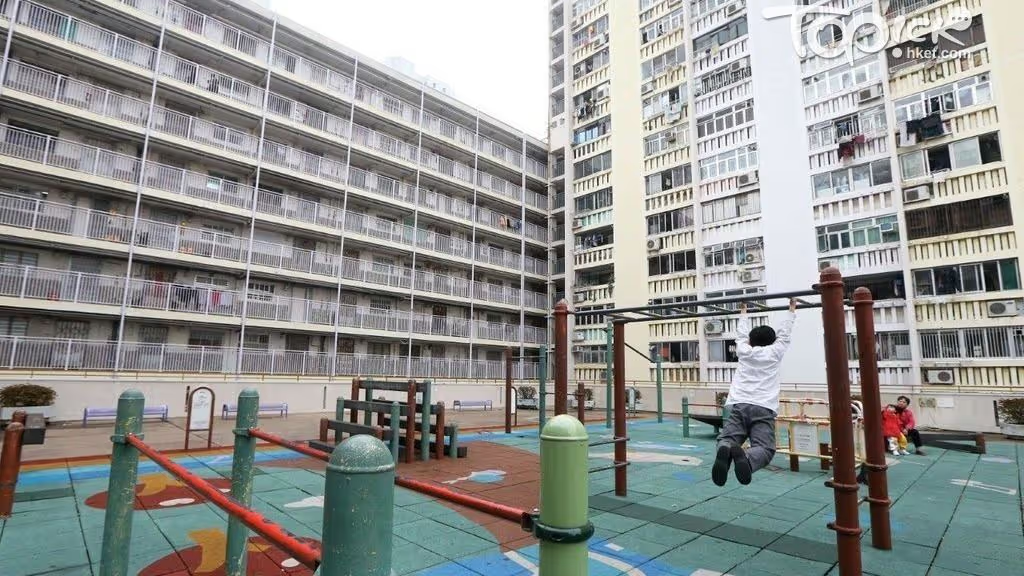
Housing Department launches investigation into abusive public housing tenants (1)
Housing Department launches investigation into abusive public housing tenants (1)
Housing Department launches investigation into abusive public housing tenants (1)
Published over 1 year ago
Since the Housing Department required the first batch of about 88,000 public housing tenants who have lived in public housing for less than 10 years to declare their living conditions and assets in October last year, many people have recently inquired about the Housing Department/Housing Authority (hereinafter referred to as the "Housing Department"). ”) investigation and prosecution matters. Most of them are about the Housing Department suspecting or even accusing public housing tenants of making false statements in a submitted form or omitting to report information. The second round of household income and asset declaration forms has also been distributed on April 2 this year. This declaration will involve 250,000 public housing households. It can be expected that more people will make relevant inquiries starting in July. So today I would like to share with you the consequences of making false or concealed reports, to remind everyone not to abuse public housing and to reserve resources for those who really need them.
First we need to understand the relevant charges. For making false statements to the Housing Department, the Housing Department will usually invoke Section 26 or Section 27 of the Housing Ordinance to issue a summons for prosecution. Section 26 covers the situation of "knowingly making a false statement to the Housing Department". The maximum penalty is 6 months' imprisonment and a fine of $50,000. Section 27 covers "refusal or neglect to provide correct information" and the maximum penalty is 3 months' imprisonment and a fine of $25,000. It can be seen from the wording and punishment that Article 27 of the latter is lighter than Article 26 of the former. Article 27 If you are convicted, as long as it does not involve a prison sentence, there will be no record of the crime. And if you are convicted under Article 26, no matter what the penalty is, it will meet the "false statements" on the "list of recordable crimes" of the police, and there is a chance that it will be recorded on the record.
It is important to remember that regardless of which section you are convicted of, and whether you are convicted or not, if the Housing Department believes that you have made a wrong declaration, it has the right to repossess the public housing unit. Of course, regarding the administrative decision to take back public housing units, the Housing Department uses an internal appeal mechanism, so we don’t know the details. If we knew it, we wouldn’t tell you, or you would have to pay to unlock it and read it.
The question then arises: How will the Housing Department decide whether to prosecute under Article 26 or Article 27? I think the key lies in whether the HD considers your wrong declaration to be "knowingly made" or "negligently made". And this will extend to how the victim responded to the HD's investigation before prosecution. The explanation provided by the victim to the HD will be particularly important! Most victims also contact lawyers when they receive a letter from the Housing Department inviting them to come to the Housing Department to take a warning statement. It would be okay if you go to a law firm for consultation at this time, but if you come to us after the confession has been made, we can generally only provide care and condolences services.